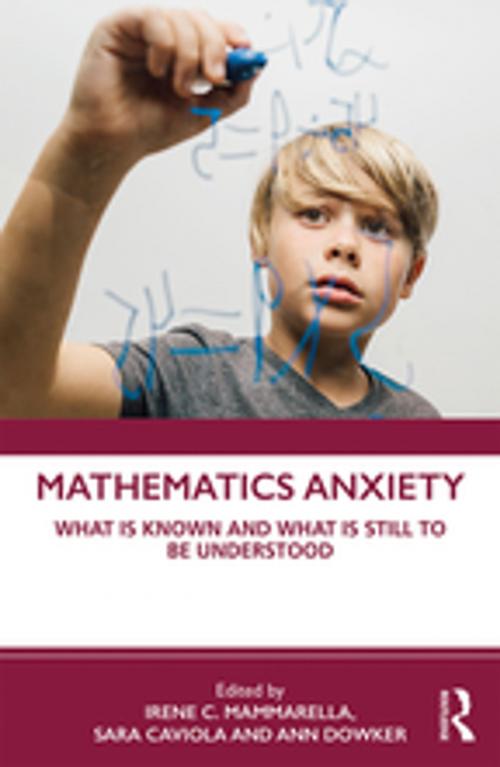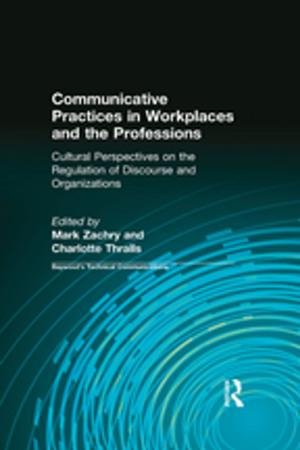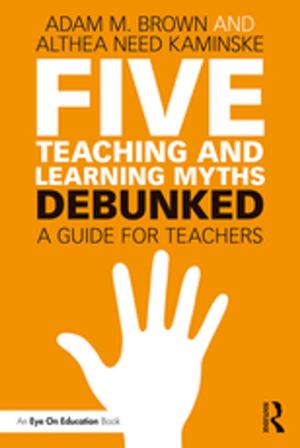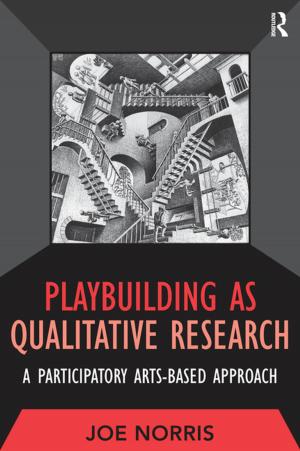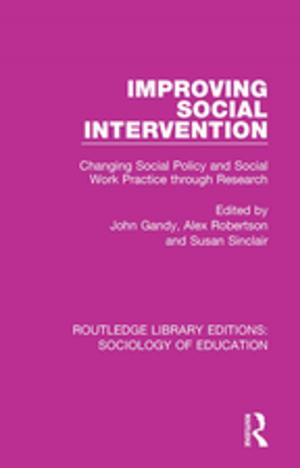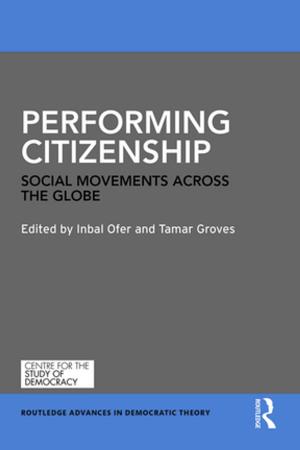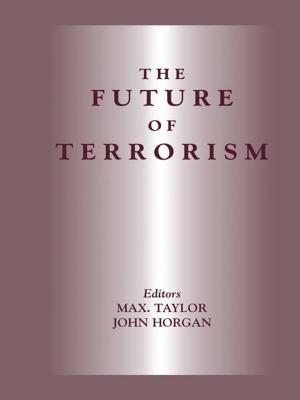Mathematics Anxiety
What Is Known, and What is Still Missing
Nonfiction, Health & Well Being, Psychology, Education & Training, Cognitive Psychology| Author: | ISBN: | 9780429576126 | |
| Publisher: | Taylor and Francis | Publication: | February 18, 2019 |
| Imprint: | Routledge | Language: | English |
| Author: | |
| ISBN: | 9780429576126 |
| Publisher: | Taylor and Francis |
| Publication: | February 18, 2019 |
| Imprint: | Routledge |
| Language: | English |
Feelings of apprehension and fear brought on by mathematical performance can affect correct mathematical application and can influence the achievement and future paths of individuals affected by it. In recent years, mathematics anxiety has become a subject of increasing interest both in educational and clinical settings. This ground-breaking collection presents theoretical, educational and psychophysiological perspectives on the widespread phenomenon of mathematics anxiety.
Featuring contributions from leading international researchers, Mathematics Anxiety challenges preconceptions and clarifies several crucial areas of research, such as the distinction between mathematics anxiety from other forms of anxiety (i.e., general or test anxiety); the ways in which mathematics anxiety has been assessed (e.g. throughout self-report questionnaires or psychophysiological measures); the need to clarify the direction of the relationship between math anxiety and mathematics achievement (which causes which).
Offering a revaluation of the negative connotations usually associated with mathematics anxiety and prompting avenues for future research, this book will be invaluable to academics and students in the field psychological and educational sciences, as well as teachers working with students who are struggling with mathematics anxiety
Feelings of apprehension and fear brought on by mathematical performance can affect correct mathematical application and can influence the achievement and future paths of individuals affected by it. In recent years, mathematics anxiety has become a subject of increasing interest both in educational and clinical settings. This ground-breaking collection presents theoretical, educational and psychophysiological perspectives on the widespread phenomenon of mathematics anxiety.
Featuring contributions from leading international researchers, Mathematics Anxiety challenges preconceptions and clarifies several crucial areas of research, such as the distinction between mathematics anxiety from other forms of anxiety (i.e., general or test anxiety); the ways in which mathematics anxiety has been assessed (e.g. throughout self-report questionnaires or psychophysiological measures); the need to clarify the direction of the relationship between math anxiety and mathematics achievement (which causes which).
Offering a revaluation of the negative connotations usually associated with mathematics anxiety and prompting avenues for future research, this book will be invaluable to academics and students in the field psychological and educational sciences, as well as teachers working with students who are struggling with mathematics anxiety
